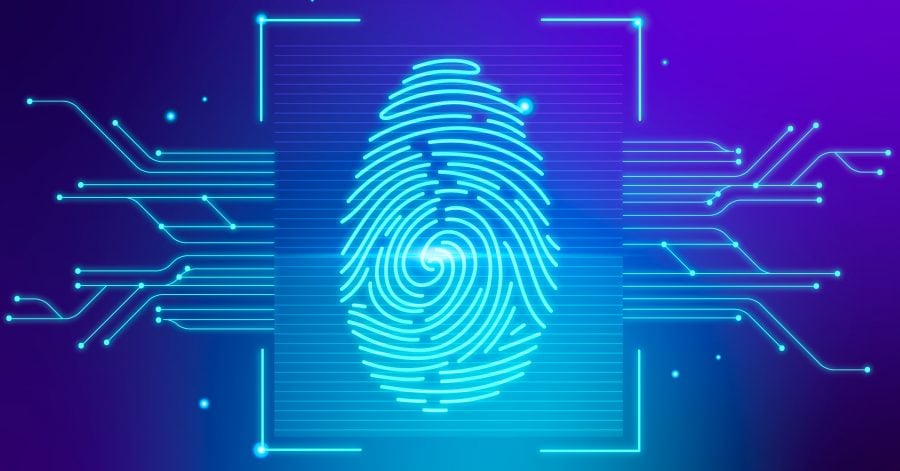North Macedonia’s citizens have been eagerly awaiting the introduction of digital public services and tools during the past few years. With current developments on how authorities are handling most public services, it seems that most of these changes can’t come soon enough.
This summer, most elementary and high school graduates won’t get the certificates and diplomas they need to continue their education. During the last month, there was also a shortage of IDs, passports, and driving license documents. The institutions claimed that the technical difficulties are only a temporary problem.
North Macedonia’s authorities, namely the ministry of information society, recently announced that it planned to introduce additional digital services, including ones regarding IDs, passports, and citizenship certificates. However, based on the developments that could be seen during June, most of these services have yet to be implemented, and such promises have fallen short.
Some of the issues alone illustrate the need for authorities to consider adding digital backup documents, which would assist the whole process.
“Specifically about the certificates, it is necessary to consider a quick possibility – a digital document in addition to the physical document, generated at the end of the school year. These documents could be sent directly to each student and parent with a digital signature from the schools via e-mail”, Bojan Kordalov, program coordinator for the Institute of Good Governance and Euro-Atlantic Perspectives (IDUEP), an organization advocating the digitalization of public services, tells The Recursive.
Equitable access to technology remains a challenge
One notable proposal that authorities have made when it comes to the digitization process is the introduction of digital textbooks in schools.
But when the notion was introduced by the ministry of education and science, the public in North Macedonia was split over it. Many were debating whether every student would have access to an electronic device, or what the effect of this new reform would be on students, especially when it is introduced amid the COVID-19 pandemic.
According to IDUEP, regardless of the decision that would be made on this particular proposal, the digitalization process should be long-term, unifying, and every decision for modernization of the educational process should be primarily focused and made for the needs of students themselves.
“Of course, literally everything can be improved through the implementation of digitalization, but it is crucial to know that digitalization means primarily equal chances and opportunities for all. A successful process of digitalization is possible only when we make sure that virtually every citizen has access to the Internet,” Kordalov adds.
The private sector can be of great help
When it comes to the digitalization of the rest of the public services in the country, IDUEP has also proposed its solutions to some of the pressing needs, especially when it comes to the issuance of birth certificates and similar documents.
According to the organization, one of these proposals is a reduction of 90% of the cost of using all services for citizens such as birth certificates and other documents if obtained digitally and paid online.
Another proposal is an accelerated digitalization process of a maximum of 6 months for all services provided by public institutions at a local and central level, which are now possible only in the standard procedure with a physical presence in those institutions.
In implementing such changes, authorities could get a lot of help from the private sector, Kordalov says.
“The private sector, especially IT companies and chambers are constantly active and offer various services, as well as support in the field of digitalization, but it is crucial to understand that this is a process in which we all depend on each other,” he tells The Recursive.
“For anyone to contribute, including the private sector, it is necessary to first build trust, and lead the process as non-partisan and on a national level. Then, we can have concrete examples with which we can show the positive examples that digitalization provides. This will motivate other legal entities, but also individuals to join and have many benefits”.
One of the positive steps in this direction is a project on digital identities solutions, which is being implemented by Mastercard, together with the Bulgarian digital signature provider, Evrotrust Technologies.
While the first results of the projects are yet to be seen by Macedonian citizens yet, the novel technology will aid the digitalization process in the country and will provide digital services such as the remotely opening of bank accounts or obtaining certain documents from different state institutions.








